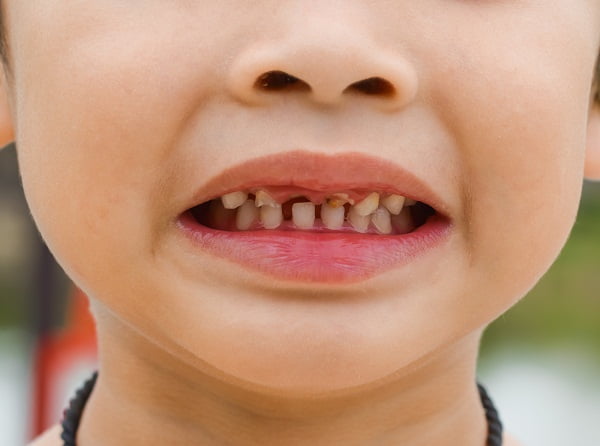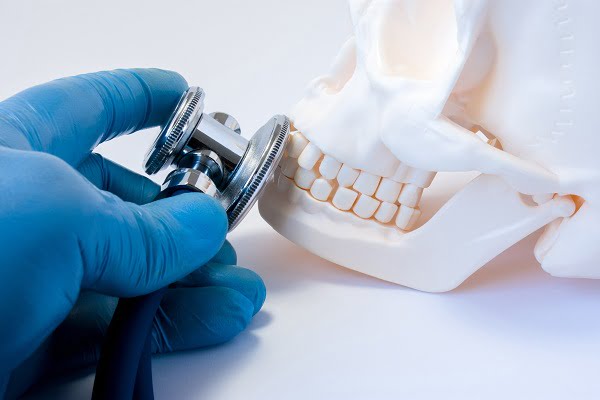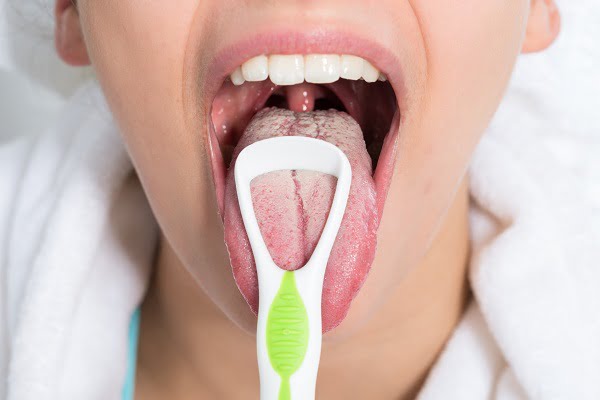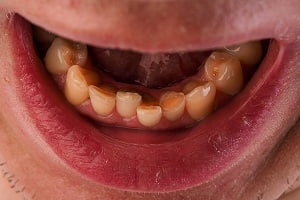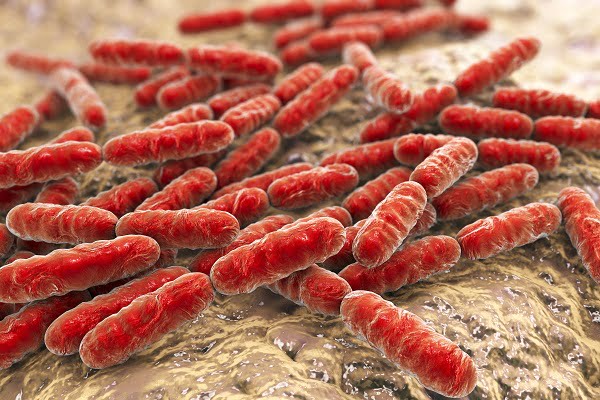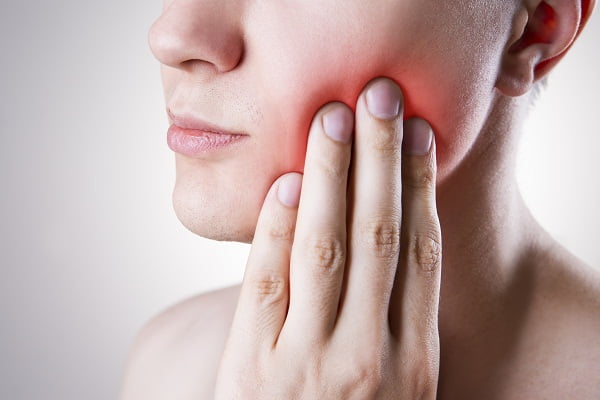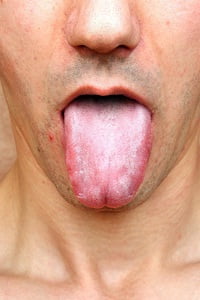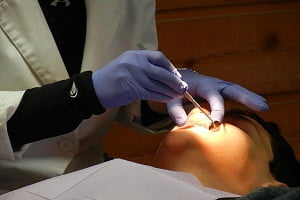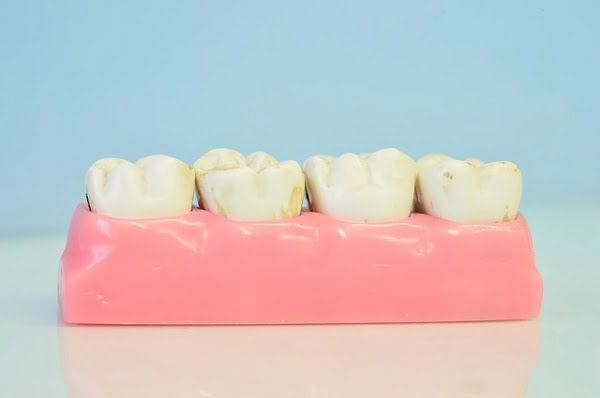Browsing: Dental Health

The page provides quick access to a list of common diseases, syndromes, health conditions, and other topics of health importance. The list is organized alphabetically. Links are provided to respective diseases sections that serve as a comprehensive and ultimate guide about the disease or health condition.
Effective and proper dental care of the mouth and teeth is highly important to a person’s general health and overall appearance. According to WHO, oral health is a state of being free from mouth and facial pain, oral and throat cancer, oral infection and sores, periodontal (gum) disease, tooth decay, tooth loss, and other diseases and disorders that limit an individual’s capacity in biting, chewing, smiling, speaking, and psychosocial wellbeing.
Untreated oral diseases or dental diseases can lead to gum problems, dental cavities, tooth loss, and many digestion-related issues. Scientists and dentists also believe that there could be a connection between certain dental problems or dental conditions and low birth weight, stroke, heart diseases, premature births, diabetes and certain other diseases. Primarily dental diseases are categorized into three types – formation of tooth decay, gum diseases, and oral cancers.
The most common oral diseases and conditions are dental cavities, periodontal (gum) disease, oral cancer, trauma from injuries, oral infectious diseases, gum infection, swollen gums, gum pain, and hereditary lesions. Dental cavities and periodontal disease are major causes of tooth loss.
Tooth decay in kids is a common problem worldwide. It occurs in children when bacteria within their mouth begin to destroy their teeth. Tooth decay is also known as rotten teeth, cavity or dental caries. Improper dental care and not brushing your child’s teeth regularly (at least two times a day) can cause tooth decay.
Supernumerary teeth are the extra teeth which grow in your mouth and cause a condition called hyperdontia. This is characterized by the presence of one or more teeth in addition to the regular set of teeth. Growth of the supernumerary teeth can occur near the curved area of the attachment of your teeth to jaw.
Dental caries also called tooth cavities are holes in teeth that are caused by tooth decay. Tooth cavities are one of the world’s most common oral health issues. Tooth cavity problems are generally seen in children, teenagers and older adults. Here is a list of some treatments that you can try at home for relief from pain, infection, etc.
Dry mouth or xerostomia is a condition in which the salivary glands in your mouth don’t produce enough saliva to keep your mouth wet. It generally occurs due to the side effect of certain medications or aging process or due to radiation therapies. Sometimes, dry mouth is caused by a medical condition of the salivary gland.
Supernumerary Teeth Chart: Supernumerary Tooth Notation System
Sometimes, people may have extra teeth in their mouths. These are called supernumerary teeth. You can chart these teeth in software (Dentrix) by following these steps. Add 50 to the closest standard tooth number. For example, a supernumerary tooth that is adjacent to tooth 12, would be entered as 62.
Probiotics are living organisms that are used for health benefits in medical science. These live organisms are good bacteria. They are available now in different forms, but probiotics are naturally found in foods such as yeasts, yogurt and other fermented foods and drinks. Probiotics can be used in the fight against tooth decay and dental cavities (dental caries).
Toothache A toothache is pain that you feel in your tooth. It is a sign that something is wrong with…
Dry mouth is a common oral problem that can happen when your salivary glands in the mouth are unable produce enough saliva. There are various reasons for it. One of the reasons is dehydration. If you don’t take enough fluid in your body to produce the saliva you need, dehydration may cause dry mouth.
Loose Wisdom Tooth Treatment in Adults: Wisdom Teeth Removal and Extraction
Wisdom teeth are the third set of molars that appear in adulthood usually between ages 17 and 21. The position of some wisdom teeth is such that it is difficult to clean them. This increases the risk for various diseases. Your dentist will consider many factors to decide whether the loose tooth can be repaired.
Other than conventional medical procedures for tightening loose teeth, there are some home remedies which are very helpful for this purpose. The best thing is that they have no side effects and can be done quickly at home. This article provides a list of top home remedies for loose tooth repair.




